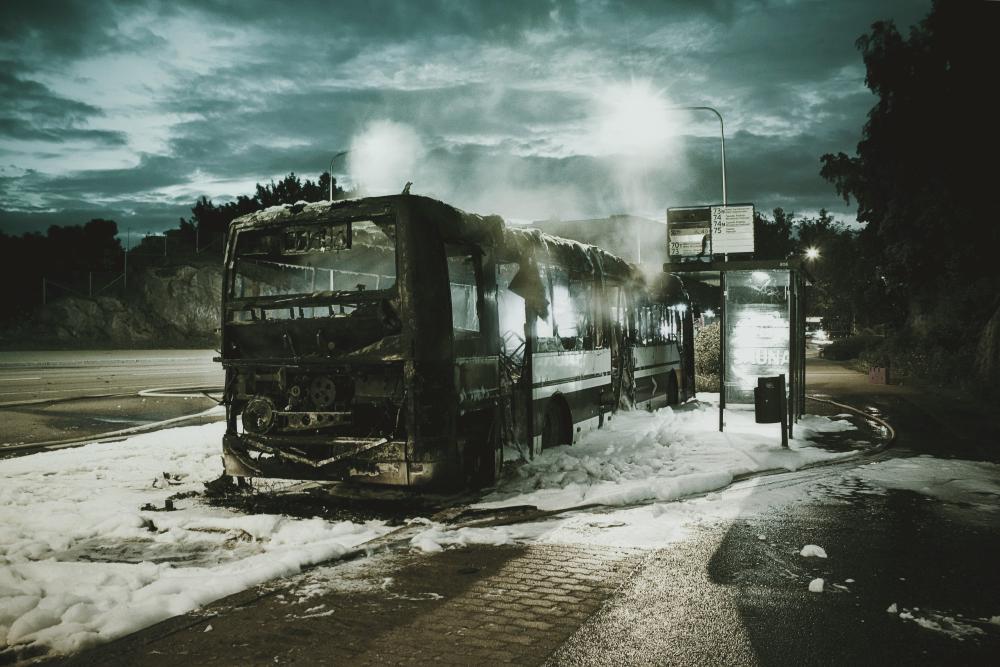Link Roundup: September 2, 2024

September 2, 2024
It’s honestly sort of comical that I’m including these two articles in the same link roundup. They reflect the extreme polarities of my interests. The first is a 1998 interview with Paul Virilio, a theorist of media and technology with extraordinary skepticism about the logics and effects of technical progress. The second is a blog post about ways to make better decisions. Ultimately, I’m just a guy with very wide reading interests who is also trying to get stuff done. Like I said, these articles reflect that.
As always, I generate summaries using AI and edit those summaries for accuracy and usefulness. Then, I offer some thoughts of my own.
Paul Virilio, “Surfing the Accident: Interview with Paul Virilio by Andreas Ruby”
Generated Summary (ChatGPT)
In this interview, Paul Virilio discusses the evolving nature of accidents in modern society. He differentiates between localized, industrial accidents of the past and the emerging "integral accident" of the digital age, which is global and systemic. Virilio argues that while traditional accidents could be contained, modern accidents are pervasive and interconnected, challenging our ability to control them. He views accidents as an inevitable part of technological progress and warns that we must learn to live with these risks rather than seek to eliminate them.
My Thoughts
It is heartening to me that, given the topic and Virilio’s general stance toward technology, the initial summary ChatGPT generated for the interview was absolutely terrible. It is pretty much unquestionable that Virilio would have nothing but disdain for ChatGPT. What is more interesting to me, though, is how this interview from 1998 gives a sense of his orientation toward progress more succinctly than his writing. He begins by outlining the historical progression from the localized technical accident (e.g., a train crash) toward the integral, global accident that implicates all of us (e.g., the effects of network technology on the environment). What is fascinating, though, is his insistence that the goal is not to reject technological “progress” but to wrestle with it, to face it directly. That’s something that hasn’t come across quite as clearly in work I’ve read from Virilio, so I appreciated this interview.
Beyond his insights, there are several nostalgia-inducing moments here from 1998, such as anxiety about the Millenium Bug and references to Napster. Those, alone, make it worth reading.
Max Stoiber, “How to be better at making decisions”
Generated Summary
This article discusses strategies for improving decision-making by writing down your thought process, prioritizing evaluation criteria, sharing decisions with others for feedback, reflecting on past decisions, and learning through deliberate practice, such as playing poker. Stoiber also provides a decision log template to help structure and refine decision-making. These practices aim to enhance clarity, speed, and accuracy in both personal and professional contexts.
My Thoughts
Much of the value of this post comes from Stoiber’s decision log template toward the end of the article. I think there’s a lot of benefit in finding ways to make your thinking material and explicit. Personally, I use a variety of techniques for this, such as the GTD system for task management and a zettelkasten for writing. I think Stoiber’s heuristic for decision-making is worth giving a shot.